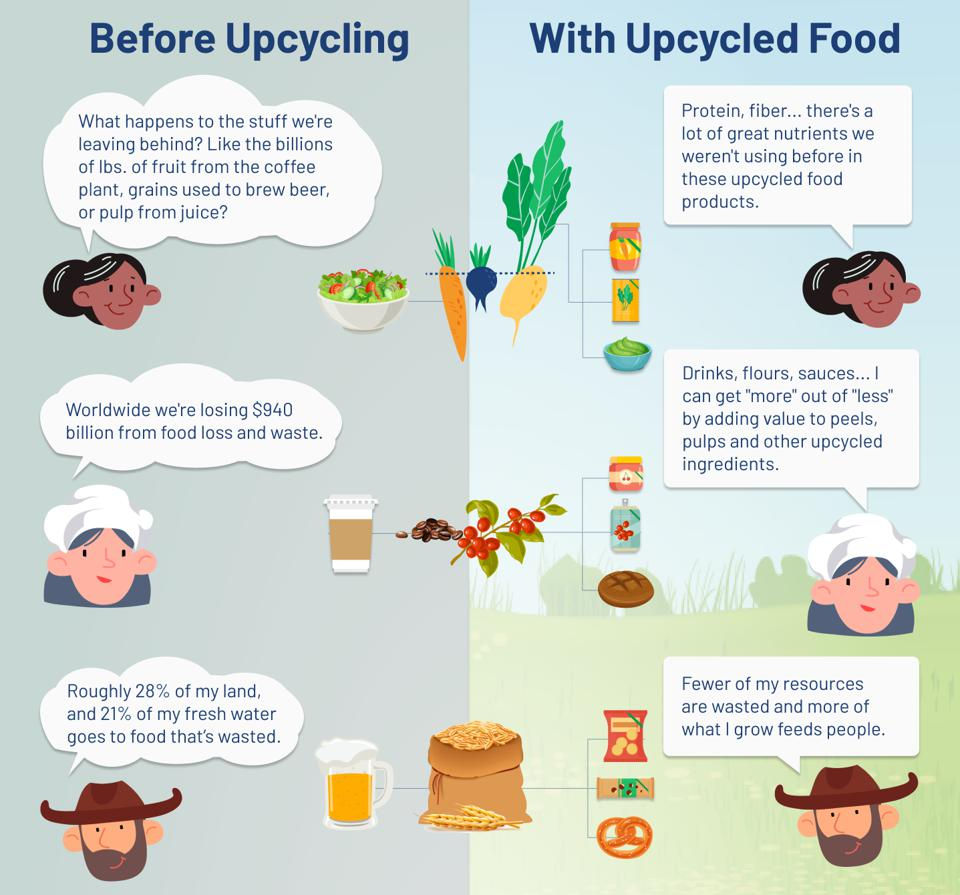Supporting Small Farmers by Buying Farm-Direct Food Empowers Communities:
- Wildways

- Jul 25, 2023
- 3 min read
Updated: Nov 11, 2023
In a world that seems to prioritize mass production and corporate giants, it's essential to remember the backbone of our food system - the small farmers. These dedicated individuals work tirelessly to grow high-quality produce, raise livestock humanely, and contribute to the local economy. By buying farm-direct food, consumers can play a crucial role in supporting small farmers and ensuring the sustainability of their businesses and communities.
Some of the benefits of choosing farm-direct food and its positive impact on local communities and the environment include:
1. Preserving Local Culture and Heritage
Small farmers have strong connections to the land and their communities, passing on time-honored farming methods, heirloom seeds, and wisdom to future generations. When consumers choose farm-direct food, they actively safeguard these valuable cultural practices, securing their existence for the future. This not only preserves local heritage but also enriches our culinary options, promoting wholesome, lively, and delightful meal choices, while also upholding critical biodiversity on our lands.
2. Strengthening the Local Economy
When you buy farm-direct food, your money goes directly into the hands of the farmers and their families. This direct exchange keeps dollars circulating within the local economy, benefiting other small businesses, schools, and community services. The economic growth generated by supporting local farmers creates job opportunities and fosters a sense of pride and community among residents.
3. Enhancing Food Quality and Safety
Small farmers typically take extra care in producing their goods, prioritizing quality over quantity. Many small farms embrace sustainable and organic farming practices, which not only produce healthier food but also reduce harmful environmental impacts. By buying directly from these farmers, consumers can be assured of the freshness and nutritional value of their food, reducing the risks of contamination or excessive use of chemicals.
4. Minimizing Food Waste
Opting for farm-direct food shortens the supply chains, resulting in reduced storage and transportation time for produce. The shorter travel distances significantly decrease the likelihood of spoilage or damage to the goods. Additionally, small farmers possess the freedom to sell imperfect or surplus produce that may not align with the strict cosmetic requirements of larger retailers. By purchasing these "ugly" or surplus fruits and vegetables, Wildways Botanicals actively contributes to curbing food waste and advocating for sustainable practices. Consumers can still enjoy the exceptional quality and flavors of farm-fresh food through this eco-conscious approach.
5. Fostering Personal Connections
Purchasing farm-direct food entails more than acquiring a product; it involves establishing a personal connection with the farmer. These direct interactions between consumers, processors, and producers cultivate trust and promote a profound awareness of the origins of our food. This transparency opens the door for consumers to inquire about farming practices, animal welfare, and environmental sustainability, empowering them to make well-informed decisions.
Wildways Botanicals remains steadfast in their support of small farmers through their dedication to buying farm-direct food. This commitment extends beyond a simple purchasing decision; it reflects a pledge to forge a healthier and more sustainable future. By preserving local culture, bolstering the local economy, improving food quality, reducing waste, and fostering personal connections, the act of upcycling food sets in motion a positive ripple effect within our communities. Therefore, the next time you visit a local farmers' market or participate in a community-supported agriculture (CSA) program, keep in mind that your choice not only benefits you but also contributes to the prosperity of small farmers and the overall well-being of the community.





Comments